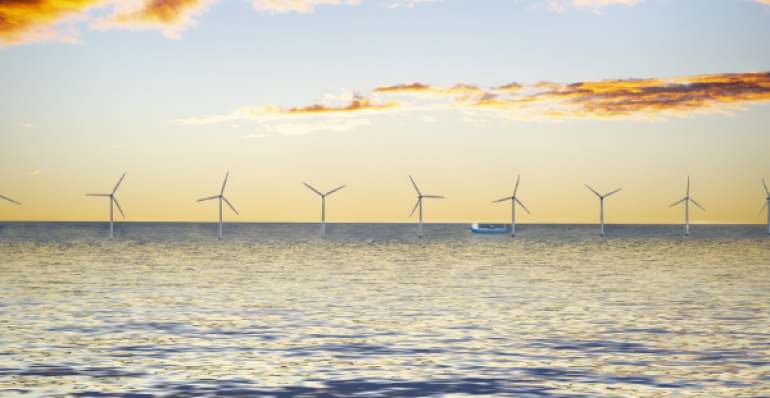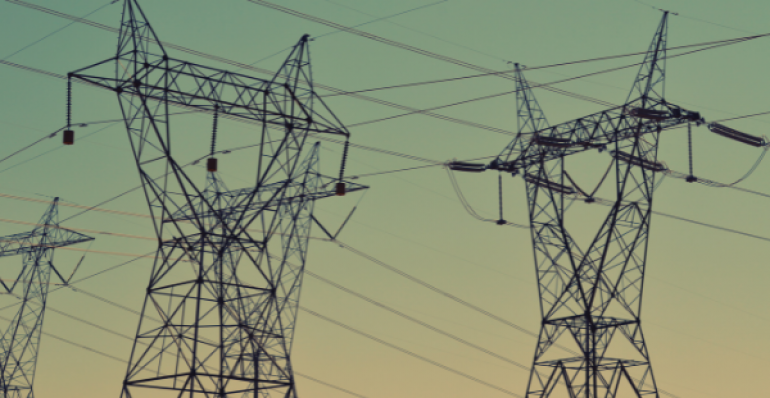It is tempting in the light of Russia’s invasion of Ukraine to think we must focus on short term energy security. But the need to address the climate crisis and ensure a fair transition to net zero have not gone away. In fact it is more urgent than ever that we stick to our net zero targets. Accelerating action on climate change is the best way to improve our energy security.
Why is a principles-based approach to change important in essential services, and how can principles be used to support the change in behaviours and cultures and embed a more sustainable approach in public utilities? In February 2022 we held a high-level roundtable exploring these two questions. This document summarises the key findings from the event, held under Chatham House Rules
How can we ensure that Defra’s Strategic Policy Statement for Ofwat is translated into practice to support the ambitions of the 25 Year Environment Plan and a more sustainable water sector? We held a roundtable in February to discuss the topic and this document summarises some of the key themes raised during the event, held under Chatham House rules.
The National Infrastructure Commission’s Baseline Assessment Report identifies the key challenges that will shape our infrastructure and quality of life for decades to come. Infrastructure has a significant impact on net zero ambitions, biodiversity, affordability and the levelling-up agenda. Identifying and addressing the associated risks and opportunities is crucial for a sustainable and resilient future.
The changes taking place within much of the energy, water and communications sectors are profound and companies, regulators and policy makers are all impacted. Arguably there needs to be a similarly profound cultural change within these sectors if they are to deliver economic, social and environmental wellbeing. This report analyses how organisational culture, especially within these essential services, can support this much-needed transformation.
This briefing summarises a short literature review of culture and organisational change in private firms and public bodies (government departments and regulators), and in public utilities. This research is part of our Sustainability Principles Project, which is looking at how a principles-based approach to change can support public utilities, and potentially actors in other sectors, in the move to a more sustainable future.
The lack of any coherent long-run plan for addressing a highly intense and long-lived greenhouse gas, SF6, commonly used as an effective insulator in electricity substation equipment, is problematic. In this commentary, we argue that Distribution Network Operators, the firms that own and operate the lower-voltage networks, must establish a common reporting methodology proposed by Ofgem - both for SF6 leakage and for their SF6 inventories. This is too fundamental to ignore.
Energy losses – the cost and carbon impacts of energy that is lost as it flows across the networks to the end-customer, is a vital but overlooked area that needs tackling. It accounts for around 15-20% of customer electricity network bills and around 1.5% of the UK’s carbon emissions. What particularly concerns us is that there is no clear ‘ownership’ of distribution losses.
While generally supportive of the substance behind the Business Plans, we call for far more consistent metrics. Affordability is a critical customer issue, but the focus on short term bill impacts should not lead Ofgem to cut back on investment to improve resilience. Two areas that need further attention are energy losses and the greenhouse gas SF6, commonly used as an effective insulator.









